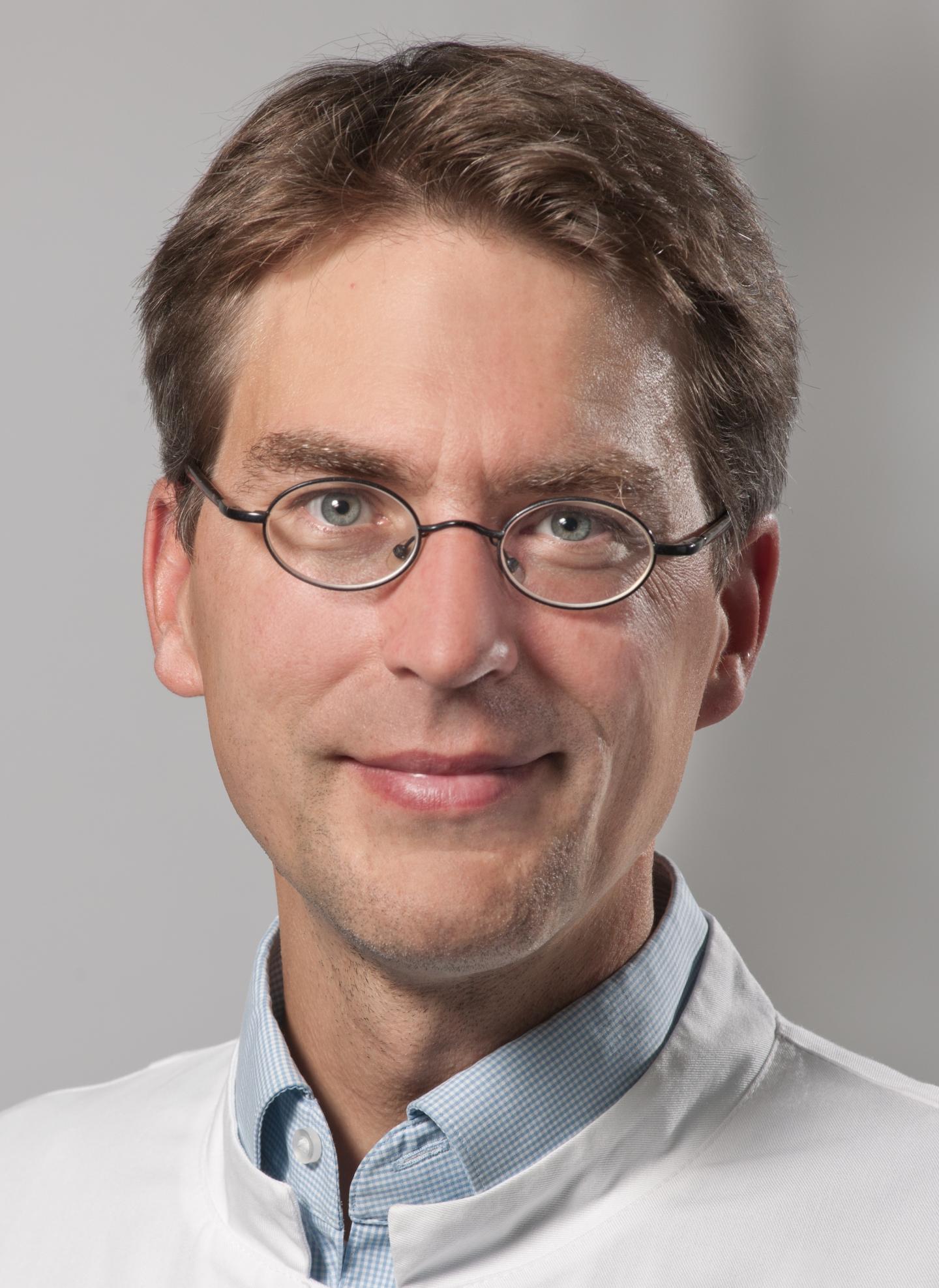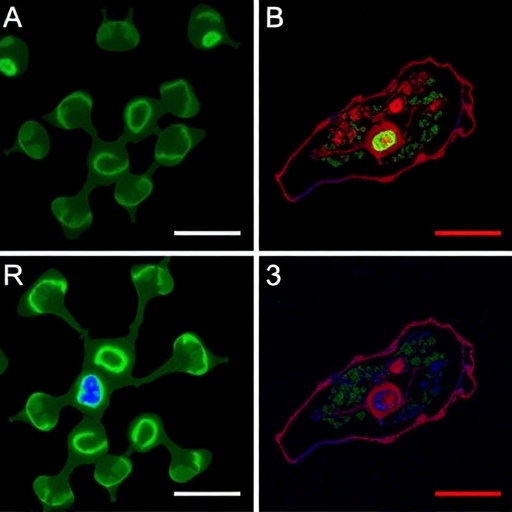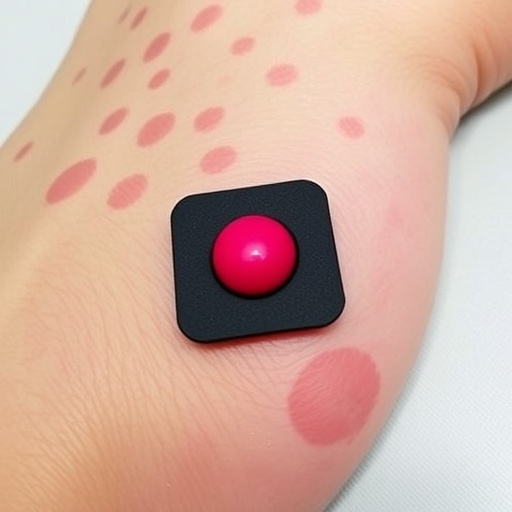Faculty of Medicine and UKSH Kiel receive 1.4 million euros research funding from the EU

Credit: © private
Within the framework of a European collaborative research project, Oliver Müller, professor at the Faculty of Medicine at Kiel University (CAU) and Consultant at the Department of Internal Medicine III, University Medical Center Schleswig-Holstein (UKSH), Campus Kiel, will receive 1.4 million Euros for the project “CardioReGenix: Development of Next-Generation Gene Therapies for Cardiovascular Disease”. The aim is to develop new and more efficient treatment approaches for cardiovascular diseases.
The project will be funded from January 2019 for a period of five years, through the EU research framework programme “Horizon 2020”. The funding comprises 868.000 Euros for two research associates and 543.526 Euros for material resources. The facilities for the project will be provided by the Faculty of Medicine at the CAU. The project will be implemented from next year onwards, in the new research building (Forschungsneubau 1) on the faculty’s research and teaching campus.
Better understanding of acquired and hereditary cardiovascular diseases
Since July 2017, Oliver Müller has held the chair in translational oriented cardiovascular research funded by the DZHK – German Centre for Cardiovascular Research at the Faculty of Medicine at the CAU, with simultaneous clinical integration into the Department of Internal Medicine III (Cardiology and Angiology) – under the direction of Professor Norbert Frey at the UKSH. The research focus areas of the working group are molecular changes associated with acquired and hereditary cardiovascular diseases, as well as the development of new treatment approaches.
“My working group, as well as the partners in the EU consortium, have discovered a number of promising target structures for treating congestive heart failure and circulatory disorders, which function at the level of gene regulation,” said Müller. “Thanks to the EU funding, we can continue developing the complex techniques necessary to translate these experimental treatment approaches into future clinical application.”
To achieve this, the European collaborative research project will combine its expertise in future. They plan to improve so-called AAV gene therapy vectors, so that patients suffering from conditions such as heart failure and coronary heart disease can receive better treatment. In particular, the previously-problematic immunological compatibility should be improved. Towards the end of the project duration, the tools should be available to investigate existing treatments, as well as new approaches developed in the framework of the EU consortium “CardioReGenix”, in clinical studies.
Safe shuttle vectors for genes
AAV gene therapy vectors are non-hazardous gene transfer shuttles derived from adeno-associated viruses, in which the genetic material of the virus is replaced with therapeutically-useful genetic information. Through the properties of the protein sheath of the original virus, it is possible to use AAV gene therapy vectors for long-term transfer of genetic material into cells of the body, in which important genes are missing or changed. They also offer the advantage that the gene transfer does not result in the genetic material transferred being incorporated into the genetic material of the cells. Thus, no transition into the germline can take place, and therefore the genetic material introduced cannot be transferred to offspring.
Because of their limited efficiency and higher manufacturing costs, the main use of AAV gene therapy vectors was so far only in patients with severe and rare congenital diseases. As such, it has recently become possible to treat previously-incurable congenital neuromuscular diseases with AAV vectors. Also in the case of haemophilia, there have been widely-acclaimed successes achieved through an efficient therapeutic transfer of genetic material into the liver.
However, the efficiency of therapeutic gene delivery with AAV vectors is very limited in cardiovascular diseases. The reason for this is the inadequate incorporation of the vectors in heart muscle cells, and in particular in cells of the vascular wall. “For example, we would like to use the improved AAV gene therapy vectors to reduce vascular inflammation in atherosclerosis, which – like heart failure – is currently only inadequately treatable,” explained Müller.
###
For more information about the “Translational Cardiovascular Research” working group at the UKSH: http://www.
A photo is available to download: http://www.
Caption: Prof. Dr med. Oliver Müller
© private
Contact:
Prof. Dr med. Oliver Müller
Department of Internal Medicine III
Tel.: +49 (0)431/500-22950
E-mail: [email protected]
Kiel University (CAU)
Press, Communication and Marketing, Dr Boris Pawlowski, Text/editing: Farah Claußen
Postal address: D-24098 Kiel, Germany,
Telephone: +49 (0)431 880-2104, Fax: +49 (0)431 880-1355
E-mail: [email protected] Internet: http://www.
Twitter: http://www.
Facebook: http://www.
Link to Press Release: http://www.
Media Contact
Prof. Dr med. Oliver Müller
[email protected]
49-043-150-022-950
Original Source
http://www.




